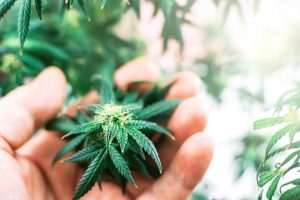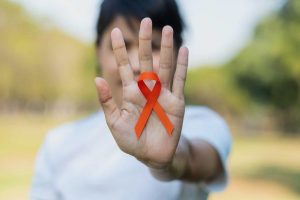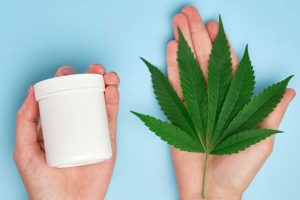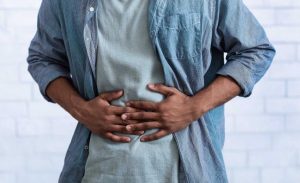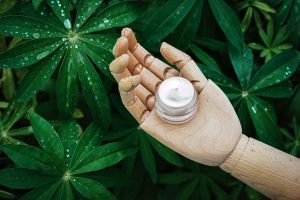Medical Marijuana Approved For Anxiety Disorder
- Fact-checked by Dr. Desiree Granados
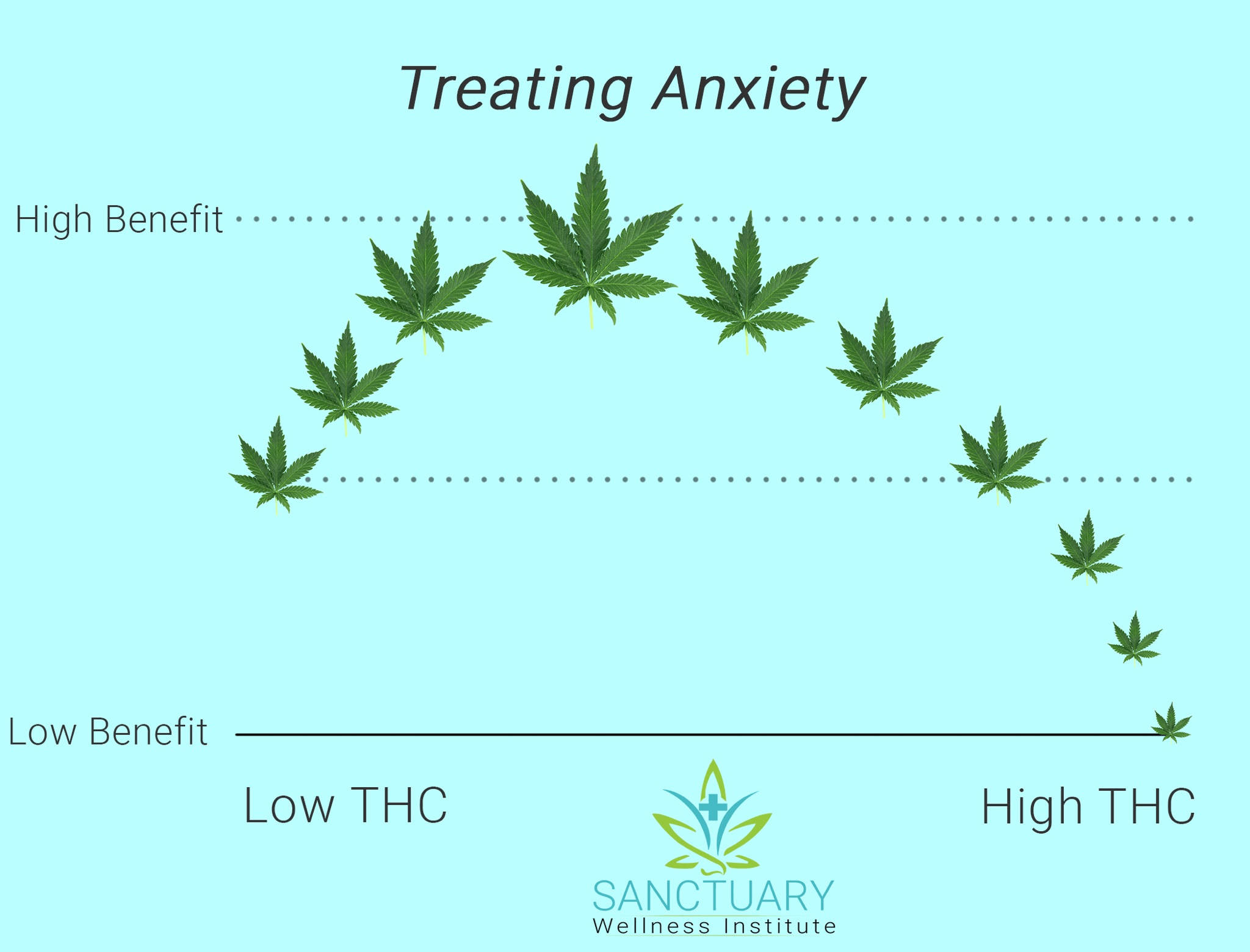
Note: The Sanctuary Wellness Institute does not sell any marijuana products or CBD products
The Sanctuary Wellness Institute medical marijuana cards evaluations at 5 locations in Pennsylvania – Philadelphia, Newtown Bucks County, Chester Springs, Lancaster and Camp Hill, PA
The Pennsylvania Department of Health added anxiety disorders to its list of approved medical conditions for the state’s medical marijuana program. This change went in to effect as of July 20th 2019 and has been well received by patients in Pennsylvania.
Medical Marijuana Card Doctor Evaluations are available at the Sanctuary Wellness Institute. Our doctor will evaluate your condition and is authorized to issue your card. We have offices in Philadelphia, Newtown, Chester Springs, Lancasterand Camp Hill.
Call (484) 346-5140 to schedule.
Medical Marijuana and Anxiety
Medical marijuana is used in the treatment of a wide array of diseases such as chronic pain, cancer, arthritis, depression, diabetes, glaucoma, migraines, epilepsy, Alzheimer’s, Parkinson’s, etc.
Alongside legalization, comes increased research surrounding medical marijuana’s efficacy as a medicine. More and more people are turning to medical marijuana in hopes of relieving or managing anxiety. Research in this area is still sparse, although there are some anecdotal and scientific reports of medical marijuana relieving symptoms of anxiety and stress.
The global medical marijuana market is expected to reach a value of US$44.4 billion by 2024, with a predicted growth of 22.9 percent between 2019-2024 (1). Twenty-six countries and thirty-six states in the USA have now legalized medical marijuana; these numbers will only continue to rise.
What Is Anxiety?
There are different forms of anxiety disorders. These include social, phobic, generalized anxiety disorder and post-traumatic stress disorder.
Diagnostic criteria and symptoms for each anxiety disorder differ. The WHO’s International Classification of Diseases note symptoms of:
- Apprehensive thoughts, worrying about the future, difficulty concentrating and feeling on edge.
- Motor tension, trembling, inability to relax, tension headaches, and restless fidgeting.
- Autonomic overactivity, lightheadedness, tachypnoea or tachycardia, sweating, dizziness, dry mouth.
The prevalence of anxiety disorders globally ranges from 2.5 to 7 percent by country. There is estimated to be about 284 million people globally who experienced an anxiety disorder (2).
Typical Treatment for Anxiety Disorders
Treatment for anxiety disorders depends on the form and individual preferences, but it is usually treated with medication and therapy.
Doctors typically recommend stress management techniques. Stress management is achieved by organizing timetables, relaxation techniques like yoga, exercise, meditation, breathing techniques and writing down positive and negative thoughts. Counseling is also offered with trained mental health professionals.
Medications can help control the mental and physical symptoms of anxiety. Although most come with nasty side effects such as weight gain, drowsiness, nausea, sexual dysfunction and can be addictive. Cessation of some medications can also cause withdrawal symptoms.
The Endocannabinoid System And Anxiety
The modulation of the endocannabinoid system through the ingestion of medical marijuana influences a range of functions in the body, including those associated with anxiety.
Endocannabinoids are lipids produced naturally by the body and act as a neurotransmitter. These lipids activate CB1 and CB2 receptors in areas of the brain known to affect behavioral and emotional reactions, learning, memory, homeostasis and decision making.
Researchers have previously examined the role of CB1 receptors and discovered they play a key role in anxiety. They found deficiencies in natural cannabinoids result in an increased risk for the development of post-traumatic stress syndrome and depression. Supplementing this signaling system with low-doses of tetrahydrocannabinol (THC) – one of the active compounds in medical marijuana – helped to reduced symptoms of anxiety and increase patients resilience to stress (3).
Evidence For Medical Marijuana Relieving Anxiety
The interactions between the endocannabinoids system and anxiety disorders are not fully understood. More research is needed into whether medical marijuana is a suitable treatment for anxiety disorders.
During a recent study of 72 adults at a large mental health clinic in Colorado, researchers administered 25mg of the non-psychoactive cannabinoid CBD in the participants. The researchers found that 79.2 percent of the participants reported improvements in their symptoms of stress and anxiety (4).
Post-traumatic stress disorder is a psychiatric response to traumatic events. Evidence is mounting that cannabinoids might play a role in helping to decrease fear in people with this anxiety disorder, as well as have antidepressant effects (5). Some studies have reported a greater than 75 percent reduction of symptom scores following medical marijuana therapy (6).
Best Marijuana Strains For Anxiety
To properly treat anxiety, it’s important to use a medical marijuana strain with an appropriate ratio of CBD to THC. Although cannabis can decrease anxiety, in some people, excess THC consumption can exacerbate it due to the psychoactive effects of the plant.
THC is the compound which gives the psychoactive effect cannabis is most well known for. Consumed alone or in a higher ratio to CBD, THC can trigger the area of the brain called the amygdala, which is responsible for fear, which can induce fear and anxiety.
CBD, on the other hand, is non-psychoactive, meaning a user does not experience a “high” or any onset of euphoria after ingestion. CBD works antagonistically with THC, diminishing its psychoactive effects. In this sense, opting for strains with a higher or equal ratio of CBD to THC helps alleviate any anxiety giving properties of THC. CBD also has antipsychotic properties.
Summary
Medical marijuana has the potential for treating symptoms of anxiety. However, more research is needed in the area. The strain that works best will depend on the person using it. According to most anecdotes and scientific reports, CBD heavy strains tend to be best for reducing anxiety. Further research exploring the relationship between THC and CBD ratios is important so that doctors are able to effectively prescribe different strains to patients based on their needs.
How we reviewed this article:
- PTSD symptom reports of patients evaluated for the New Mexico Medical Cannabis Program
https://pubmed.ncbi.nlm.nih.gov/24830188/ - Mitigation of post-traumatic stress symptoms by Cannabis resin: A review of the clinical and neurobiological evidence
https://analyticalsciencejournals.onlinelibrary.wiley.com/doi/abs/10.1002/dta.1377 - Cannabidiol in Anxiety and Sleep: A Large Case Series
https://www.thepermanentejournal.org/doi/10.7812/TPP/18-041 - Endocannabinoid signalling modulates susceptibility to traumatic stress exposure
https://www.nature.com/articles/ncomms14782 - Mental illness: estimated cases, World, 2019
https://ourworldindata.org/grapher/mental-illness-estimated-cases - Medical Cannabis Market: Global Industry Trends, Share, Size, Growth, Opportunity and Forecast 2023-2028
https://www.researchandmarkets.com/reports/5732864/medical-cannabis-market-global-industry-trends
Current Version
August 16, 2019
Written By
Jake Peter
Fact-checked By
Dr. Desiree Granados
Editorial Process
Our Editorial Process
Other Posts from Medical Marijuana Conditions

Jake Peter received his journalism degree from Emerson College and has been writing content for the Sanctuary Wellness Institute since 2021. He is passionate about all things cannabis.


